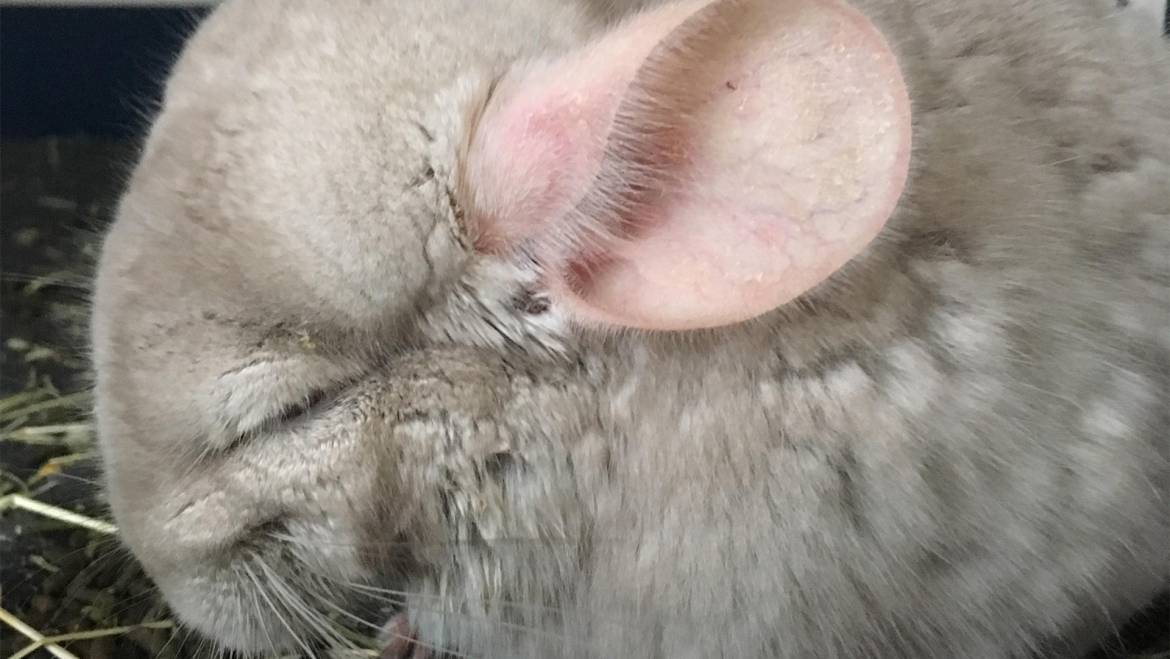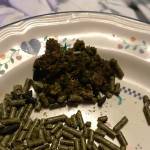Chinchillas are adorable and playful creatures that make excellent pets. However, like any other animal, they can experience health problems that require attention and care. One of the most common health issues in chinchillas is gastrointestinal stasis, also known as “GI stasis.” GI stasis is a serious condition that can be life-threatening if not treated promptly. In this article, we will discuss the causes, symptoms, and treatment options for GI stasis in chinchillas.
What is Gastrointestinal Stasis?
GI stasis is a condition in which the digestive system of the chinchilla slows down or stops altogether. When the digestive system is not working correctly, food and waste can build up in the chinchilla’s stomach and intestines, causing pain, discomfort, and other health problems. GI stasis is a common health problem in chinchillas and can be caused by a variety of factors, including poor diet, lack of exercise, stress, and underlying medical conditions.
Causes of GI Stasis in Chinchillas
There are many causes of GI stasis in chinchillas, including:
- Poor Diet: Chinchillas require a diet high in fiber to maintain healthy digestion. A diet that is low in fiber can cause GI stasis in chinchillas.
- Lack of Exercise: Chinchillas are active creatures that require regular exercise to maintain healthy digestion. A lack of exercise can lead to GI stasis in chinchillas.
- Stress: Stressful situations, such as changes in environment, can cause GI stasis in chinchillas.
- Dehydration: Dehydration can cause GI stasis in chinchillas by making the digestive system less efficient.
- Underlying Medical Conditions: Certain medical conditions, such as dental problems or infections, can cause GI stasis in chinchillas.
Symptoms of GI Stasis in Chinchillas
The symptoms of GI stasis in chinchillas can vary depending on the severity of the condition. Some common symptoms of GI stasis in chinchillas include:
- Loss of Appetite: Chinchillas with GI stasis may lose interest in food or refuse to eat altogether.
- Decreased Fecal Output: Chinchillas with GI stasis may produce fewer droppings than usual, or the droppings may be small and dry.
- Abdominal Pain: Chinchillas with GI stasis may show signs of abdominal pain, such as hunching over or reluctance to be touched.
- Bloating: Chinchillas with GI stasis may have a distended abdomen due to gas buildup.
- Lethargy: Chinchillas with GI stasis may become lethargic or inactive.
Treatment Options for GI Stasis in Chinchillas
If you suspect that your chinchilla has GI stasis, it is essential to seek veterinary care immediately. The veterinarian will perform a physical exam, take a medical history, and may perform diagnostic tests to determine the cause and severity of the GI stasis.
Some common treatment options for GI stasis in chinchillas include:
- Fluid therapy: If the chinchilla is dehydrated, the veterinarian may provide fluids to rehydrate the animal.
- Pain Management: Pain medications may be prescribed to manage abdominal pain and discomfort.
- Gut Motility Drugs: Medications that stimulate gut motility, such as metoclopramide or cisapride, may be prescribed to help move food through the digestive system.
- Feeding Support: The veterinarian may provide nutritional support, such as syringe feeding or force-feeding, to ensure that the chinchilla receives proper nutrition while recovering from GI stasis.
- Environmental Management: Changes to the chinchilla’s environment, such as providing a quieter and less stressful living space, may be necessary to help the chinchilla recover from GI stasis.
- Dental Care: If the GI stasis is caused by dental problems, the veterinarian may perform dental procedures, such as teeth trimming or extraction, to correct the underlying issue.
Preventing GI Stasis in Chinchillas
Preventing GI stasis in chinchillas is essential to ensure that your pet remains healthy and happy. Here are some tips for preventing GI stasis in chinchillas:
- Provide a High-Fiber Diet: Chinchillas require a diet that is high in fiber to maintain healthy digestion. Feed your chinchilla hay, fresh greens, and a high-quality pellet food that is specifically formulated for chinchillas.
- Encourage Exercise: Provide your chinchilla with plenty of opportunities for exercise, such as a large cage with toys, exercise wheels, and playtime outside of the cage.
- Reduce Stress: Reduce stress in your chinchilla’s environment by providing a quiet and secure living space, avoiding sudden changes to the environment, and providing a routine.
- Maintain Proper Hydration: Ensure that your chinchilla has access to clean water at all times and monitor their water intake to ensure proper hydration.
- Regular veterinary care: Schedule regular veterinary checkups for your chinchilla to ensure that any underlying health issues are detected and treated early.
Gastrointestinal stasis is a serious health condition in chinchillas that requires prompt veterinary attention. By understanding the causes, symptoms, and treatment options for GI stasis, you can help ensure that your chinchilla receives the care they need to recover from this condition. With proper prevention and care, you can help keep your chinchilla happy and healthy for years to come.







